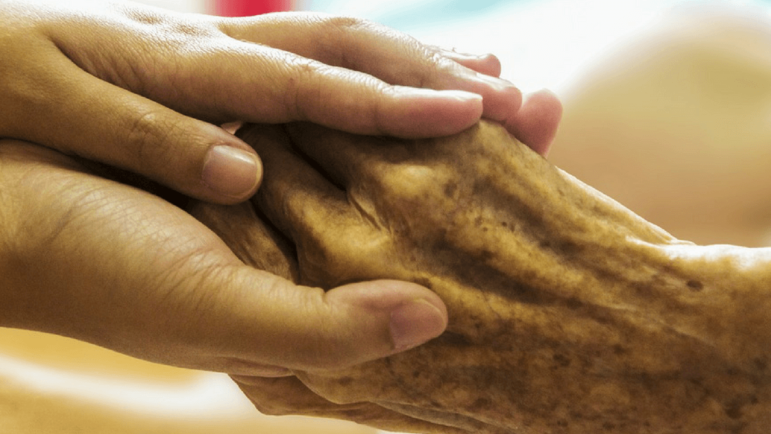Can loneliness be hazardous to your health? While many people prefer being by themselves, being socially isolated can cause psychological distress that affects health. As we age, it becomes harder to make new friends and maintain old relationships, while functional decline can make it more difficult to go to visit friends or go to social events. Over the past few years, geriatricians and public health experts have called attention to the health implications of loneliness in older people, including functional decline and increased risk of death.
In the same way that medication overload is a neglected public health problem, few clinicians are addressing signs of loneliness in their patients, because it isn’t something clinicians are necessarily trained to do, or have time to do.
“We see loneliness in our older patients every day, but we don’t have time to ask them about it, because we have to check off so many other boxes,” said Dr. Carla Perissinotto, geriatrician and Associate Professor of Medicine at the University of California, San Francisco.
Loneliness is by no means a new problem, but demographic and social changes are setting the stage for an “epidemic of loneliness,” said clinicians and public health experts at Pulse: The Atlantic Summit on Health-Care. Because of a myriad of cultural, technological, and economic changes, Baby Boomers have fewer social ties, spouses, and children, and attend fewer community events compared to their parents’ generation, said Dr. Robert Putnam, Professor of Public Policy at Harvard University and author of Bowling Alone. Now, as the Boomer generation ages, they will have fewer friends and family members to help take care of them. Medicaid will then have to pick up the tab for more long-term care, a cost that the program is not adequately prepared to pay.
Perissinotto and others are leading a movement to create more visibility for loneliness as a health issue for older Americans. Clinicians who care for older patients should be made aware of the health consequences of social isolation, be given the time and training to ask patients about their loneliness, and be given tools to connect lonely patients to other community members. We also need to demand structural changes such as age-friendly transportation options and creating more opportunities for social interaction in communities. And we need to change our culture, which too often is centered around the individual.
“We need a social movement” to encourage person-to-person connection, said Dr. Sachin Jain, Professor at Stanford Medicine and CEO of CareMore Health.
Those who are leading the movement are wary of the possibility of pharmaceutical companies co-opting and medicalizing loneliness. “It’s easier to prescribe a pill than to ask ‘Why are you lonely?’ and listen to the answer,” said Perissinotto. “The last thing we need is more polypharmacy.” It is important to understand the health risks of being lonely, but we must tamp down the impulse to medicate loneliness.
If you ask any geriatrician or clinician who cares for older patients, they will tell you that too many medications and loneliness are both widespread problems in the older population. And yet, these issues have gone unnoticed — why? Part of the problem is ageism, said Perissinotto. “We’re afraid to grow old, afraid to talk about what it means to grow old. If you don’t ‘age well,’ you’ve failed,” she said. Recognizing and targeting ageism will be a large part of tackling these key public health issues.
